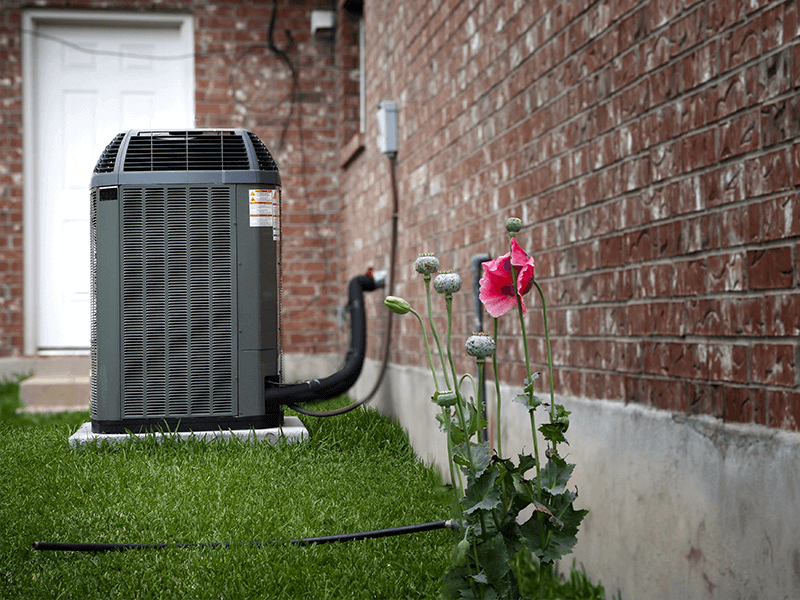Cleaning Your HVAC Unit from Bird Droppings
One of the main problems with an HVAC system is their susceptibility to the inconveniences of getting bird droppings. Although they may seem an unimportant frustration, bird droppings can become a source of harmful diseases. Some of which can contaminate the quality of air circulating inside the building.
Aside from being contaminants, bird droppings are an unpleasant and unsightly mess that accumulates over time. Piled up bird droppings are hard to remove and causes mechanical problems. Bird droppings can be responsible for keeping your unit from functioning properly. And, they can be the source of undesirable high ammonia content freely entering the ventilation system.
How Bird Fecal Matter Affects Your HVAC
Birds are normally attracted to the warmth and suitability of commercial buildings for roosting. Holes and window ledges near the air conditioning unit commonly become sturdy landing places.
Pigeons are generally attracted to the fresh air vents because of the steady movement of air. They also become shelter from altering weather conditions and most often become roosting areas for young birds.
With the accumulation of fecal droppings, fresh air intake causes screen clogging which hampers the steady flow of fresh air into the building. High ammonia content from bird droppings can cause several respiratory diseases. Therefore, cleaning your HVAC unit from bird droppings is a basic necessity for industrial hygiene.
Birds can also pick exposed air filters which would draw in impure air and pigeon contaminants into the HVAC system. In addition, detached feathers, fecal matter, and other fragments can cause buildup within the blades obstructing a steady airflow. They can also block the air conditioner coils, and buildup can cause a blockage on the drain pans. When these important components are clogged, it increases microorganism growth. This causes a myriad of health problems to appear.
Excrement Removal and Cleanup Requirements
Cleaning your HVAC unit can be dangerous for your health. And, if done inaccurately it could lead to major HVAC contamination or even worse, lead to a defective HVAC unit.
Bird excrement normally contains bacteria and other pathogens that can cause several diseases. Histoplasmosis, candidiasis, cryptococcosis, salmonellosis are all traced from bacteria and fungus found in bird droppings. Even worse is the St. Louis encephalitis which causes inflammation of the nervous system causing paralysis, coma, or even death.
Bird dropping cleanup needs adequate Personal Protection Equipment or what is technically known as a PPE. This includes long pants, waterproof gloves, long-sleeved shirts, eye protection, filter masks, and waterproof shoes.
Personal Protection Equipment guarantees your safety against coming into contact with the excrement. It prohibits inhalation of airborne particles, and close physical contact with the feces.
Effective Bird Dropping Sanitation and Cleanup Guidelines
One effective way of cleaning your HVAC unit is to use a powerful cleaner, or mixture of bleach and hypochlorite. Use the liquid formula to mist the affected area. Not only will this soften the fecal matter, but also settle airborne particles that can be easily inhaled.
Soaking the bird dropping for a few minutes will make it easy to remove and will disinfect your HVAC unit. Heavy accumulation of bird droppings may require repeated applications. Use a hoe or a square-nosed shovel to scrape the debris off the HVAC unit. Then, place the dislodged excrement in a double plastic bag. Thoroughly clean the cracks and crevices of the air conditioner using a stiff brush and laundry detergent. You can use a power washer to get rid of the soap suds.
To safely keep birds off your HVAC unit, determine what causes them to return. Remove bird feeders or birdbaths near your HVAC system. And, if possible fasten a slanted piece of board on the unit so birds won’t be able to land.
If you have any questions, please contact The Severn Group.
